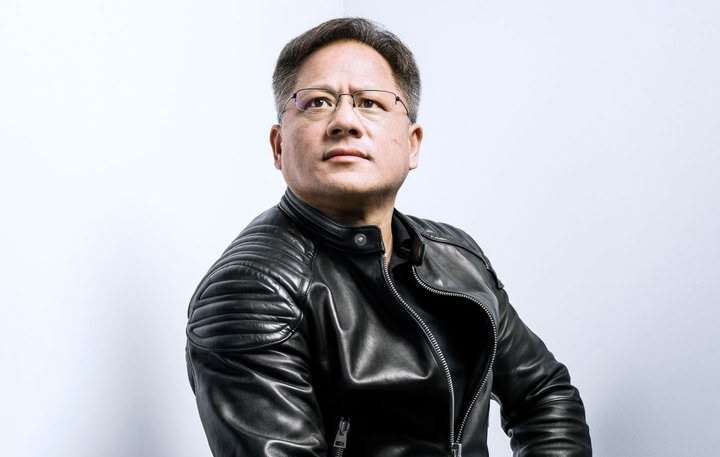Raise your hand if you want to gift $40 billion in tax dollars to the tech oligarchs.
Photo above - Jenson Huang, NVIDIA CEO, whose personal net worth is $120 billion. The Biden administration is finalizing $40 billion in subsidies to chipmakers like NVIDIA.
Headline – “Biden scrambling to send billions to chipmakers before Trump is sworn in.” (see link below)
Wow, is it possible to envision a MORE direct link between Big Tech and Big Government? I’m all for “mo’ better chips”, but aren’t these billionaires already yucking it up on their ginormous yachts? If the tech bro’s need extra money to develop new chips, they could slow down the pace of their flotilla expansion, no?
Wait, it gets worse. A bunch of this money isn’t even going to US chipmakers. $7 billion has been earmarked for an outfit called TSMC – Taiwan Semiconductor Manufacturing Company. Go the head of the class if you guessed that this company is based in Taiwan. WTH!! Now we’re giving taxpayer dollars to companies in a nation which we don’t even recognize. About a half dozen US presidents have saluted Beijing's slogan “one China”. In order to smooth trade relations with the Peoples Republic of China, and inundate America with cheap imports. Which violate our patents and trademarks. This is win-win, right? (Insert sarcasta-bang punctuation here).
I’d have less of an issue about the subsidies if Biden (and Kamala) has made this front and center during the presidential campaign. How about some TV spots telling us “I want to give billions to US and overseas tech companies. Trump won't. Please stand with me."
Can congress stop this absurd giveaway, which will certainly add even more to the national debt? Actually, congress signed off on Biden’s "CHIPS act" giveaway back in 2022. Because . . . Covid 19. Anyway, showering billions on tech companies probably looks better than Covid money bailing out hotels, casinos, cruise lines, airlines, and buying rappers new sports cars.
If you want to know WHY we continue to have insane inflation (despite government manipulation of the data), it’s insane spending like this. Bailing out companies whose rank-and-file workers are then expected to vote for “the right party”.
I’m just sayin’ . . .
The Biden administration is scrambling to send billions to chipmakers before Trump takes over




